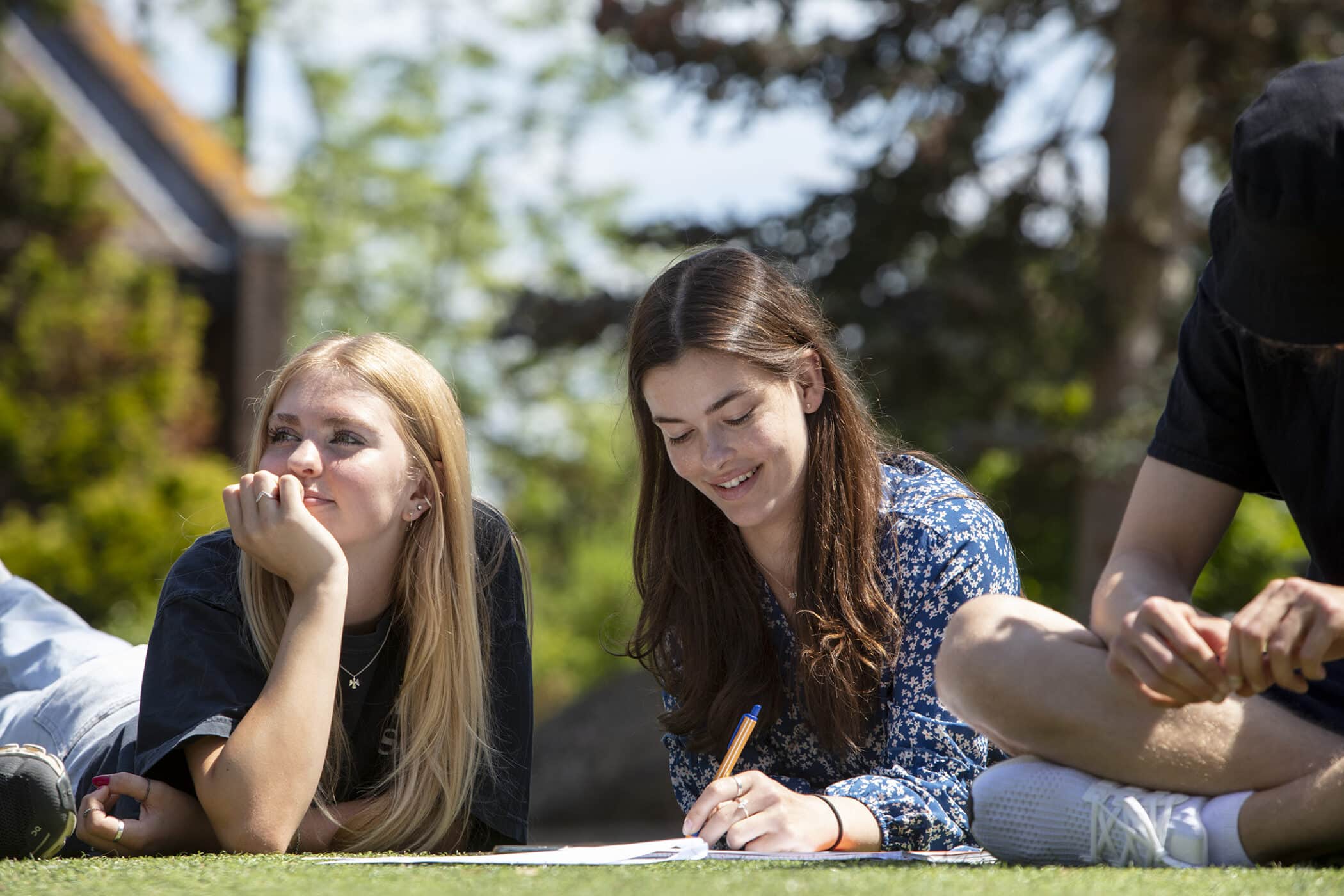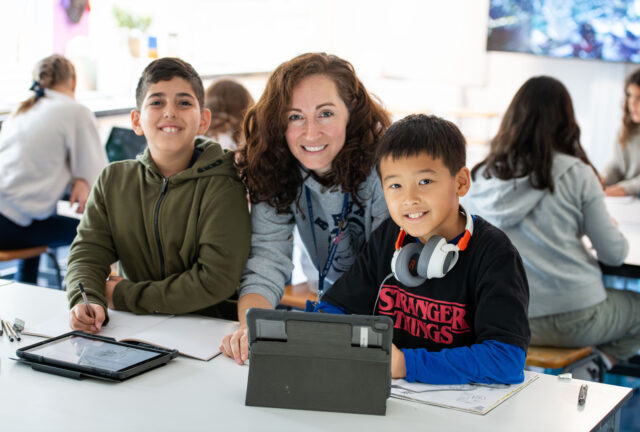21/11/2024
Rethinking Traditional Routes to Higher Education
By Mark Wilson, Head of School at ACS International School Egham
A Time for Change in Education
For decades, teachers and parents have been telling children that good A-Level grades are the preferred route to securing a place at a top university, whether that be in the UK or around the globe. Yet, in a time of such change in the UK, we should be considering the alternative routes to higher education, which, in my opinion offer a just as good, if not better, chance of students achieving their dreams.
Preparing Students for a Connected World
Our world is becoming increasingly connected each and every day through the growing abundance of technology at our fingertips; we are all connected in ways like never before. And so, we need to ensure that we are giving students the tools to leave education as empowered individuals, who not only have the academic knowledge but the emotional intelligence to engage with future big ideas and issues. Surely, now more than ever, the emphasis needs to be on developing well rounded individuals with a global mindset rather than a mastery of memorisation and facts, as is prioritised by A-Levels.
The International Baccalaureate: A Comprehensive Alternative
By contrast, the International Baccalaureate (IB) Diploma Programme (DP), which is accepted at universities from almost 90 countries, teaches children to be culturally aware, global citizens.
In practice, the DP is comprised of six subject groups and the DP core, which includes theory of knowledge, creativity, activity, service and an extended essay. This comprehensive and rigorous model ensures students go beyond academic achievements and flourish physically, intellectually, emotionally and ethically too.
For DP students the extended essay, an independent, self-directed piece of research, finishing with a 4,000-word paper, is compulsory, unlike the Extended Project Qualification that A-Level students can opt to take. The extended essay gives students experience of academic writing and prepares them for life at university.
In addition, service is also a key element of the DP educational approach where students are required as part of their learning to undertake unpaid and voluntary work in the local community. This helps the students develop empathy and respect for their surroundings and other people.
Learning Through an Interdisciplinary and International Lens
Through IB programmes, education is also delivered with an interdisciplinary approach and through an international lens. For example, in literature lessons, students don’t simply study English literature as an A-Level student would. Instead, they examine literature from across the world, to get a much broader and deeper understanding of the subject.
This then translates across to art, where students may examine front cover artwork of world literature from across the ages, and create their own. As a result, students can gain a deeper understanding into subjects and develop problem-solving skills that set them up for a life of opportunity.
A Compelling Case for the IB
It’s a common misconception, but universities absolutely recognise the breadth and depth of the DP too. If I was leading university student recruitment, I know exactly what type of student and curriculum I would want on my campus, and that’s a DP graduate!
One piece of research highlights that:
DP students are three times more likely to enroll at a top 20 UK higher education institution (HEI), 40% more likely to achieve at least an upper second-class honours degree, and 7% more likely to earn a first-class honours degree compared to their A-Level counterparts.
But is this really that surprising given the interdisciplinary nature of the IB and the fact that it instills independence in its students from a much earlier age?
IB Students: A Proven Pathway to Success
To conclude, I do not dispute that A-Levels can produce positive and lasting outcomes for students, but the IB has a far more compelling argument for creating globally-minded individuals that go on to make a positive difference in the world – be that in the UK or abroad.





